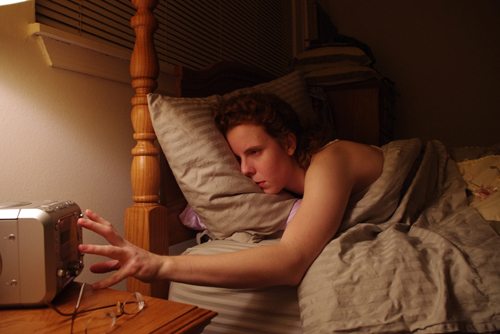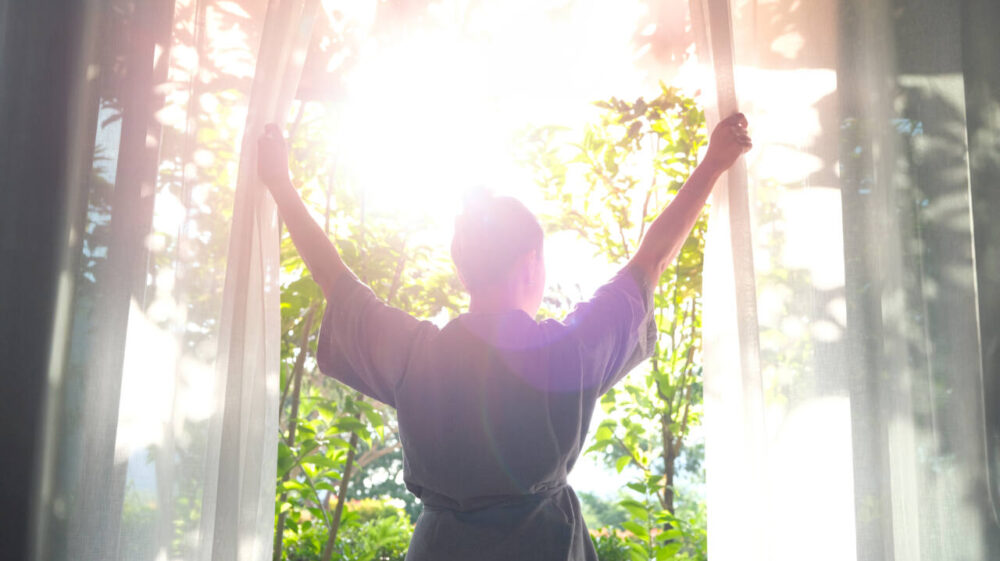Scientists have linked bad grades with class times that don’t match students’ biological clocks

When you were a teenager, did you regularly find yourself sleeping until noon? Being a night owl during your adolescence is not uncommon, as biological sleep patterns shift toward later times for both sleeping and waking during this time, making it tough for teens to fall asleep before, say, 11:00 p.m.
Additionally, teenagers require about eight to 10 hours of sleep per night. These factors combined with early start times at schools mean that many teens are chronically sleep-deprived.
Now, research published in the journal Scientific Reports shows that college students whose circadian rhythms were out of sync with their class schedules got worse grades because of “social jet lag,” meaning that peak alertness times are out of sync with the times that people need to be at work or school.
The finding was true for three types of circadian rhythms, including so-called “night owls,” “daytime finches” and “morning larks,” meaning that those whose peak productivity was in the morning also suffered bad grades when they took classes later at night.
The key to correcting this problem is to keep a consistent schedule throughout the week. That’s why sleep experts say it’s not such a great idea to sleep in on the weekends. Although students from all three categories were affected by social jet lag, the effect was most pronounced among night owls.
“Our research indicates that if a student can structure a consistent schedule in which class days resemble non-class days, they are more likely to achieve academic success,” study co-lead author Aaron Schirmer, an associate professor of biology at Northeastern Illinois University, told Science Daily.
Although you can shift your body clock with behavioral changes, turning a true “night owl” into a “morning lark” may be a lot easier said than done. For students, the research indicates that education should be individualized so that students with different circadian rhythms can all benefit from learning at a time when they are most alert.







